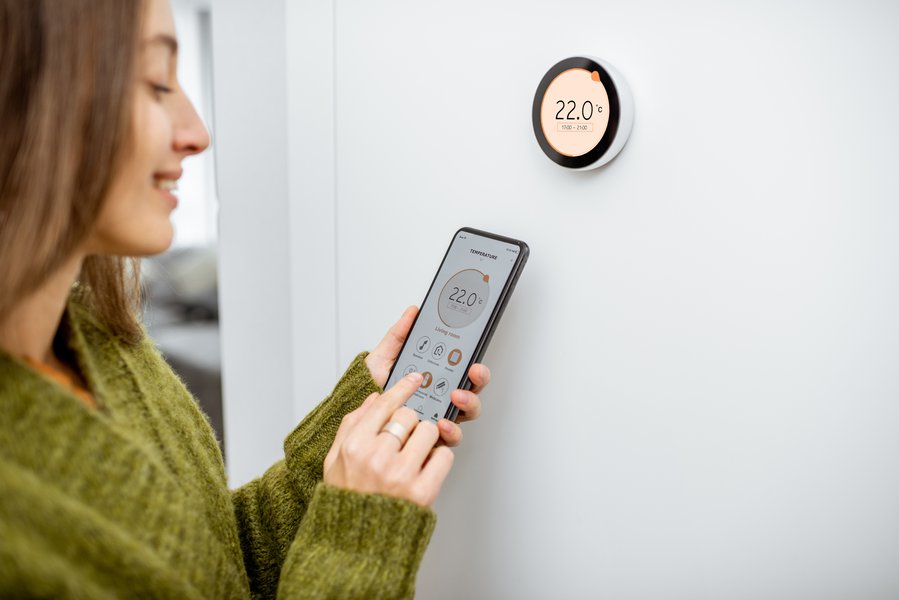
Smart home technology has gained traction in recent years, with a growing number of property owners installing automation features that make life more convenient. Want the lights dimmed? Just shout at the nearby device without getting off the couch. Want the thermostat turned up? You can ask from the comfort of your bed.
Smart home technology is not only convenient but is also a means of making a home safer. Smart locks, for example, allow people to enter and exit their home without lugging around keys that have the potential to be lost or stolen. And water-leak sensors can help prevent damage by nipping plumbing issues in the bud before they worsen.
There's a downside to all of this technology: privacy concerns. The devices that turn on the light or adjust the heat in your home on demand are triggered by activation words or phrases, but ultimately, those devices connect to massive servers that outside corporations have control over. And while those devices supposedly don't listen to your conversations unless activated by the designated word or phrase, they can also be activated by accident. Meanwhile, other technology that's designed to make life easier and safer, like video cameras and monitors, have the potential to be hacked.
Just as these concerns apply to property owners who choose to install this technology in their own homes, so too do they apply to tenants who may not want devices listening in on them in their rental units. It therefore begs the question: Is smart home technology a good thing for landlords to invest in? Or should landlords save their money?
Smart home technology: A mixed bag
On the one hand, it's easy to see why a unit with smart home technology would appeal to renters -- they'd get to enjoy the ease and convenience of barking commands at devices or having keyless access to their homes. But some renters may not want those conveniences if it compromises their privacy in any way.
Take smart locks, for example. If an apartment building is equipped with a smart lock where each tenant gets his or her individual code, and activity using that lock can be monitored, a landlord could, in theory, track the comings and goings of various tenants. Granted, there may be a limit as to what a landlord could then actually do with that information, but it's still a valid point of concern.
Additionally, a rental unit equipped with smart home technology for things like lights, heating, and air conditioning could raise concerns about landlords overriding renters' commands and changing settings to save on utility costs. (This would apply in situations where utilities are included in rent; otherwise, it wouldn't be an issue.)
As such, if you’re a landlord, you may want to think twice before investing in smart home technology to attract renters -- especially in technology that’s placed in individual units. It’s one thing to equip common areas with special locks and security cameras, but it’s another thing to install devices in people’s homes that they may not be comfortable with.
Of course, some renters might consider smart home technology a draw and pay higher rent for it. But until that technology becomes more commonplace, you may want to save your money for upgrades like new appliances or kitchen countertops -- items that don’t leave renters questioning whether their conversations are being recorded or their movements are being tracked.
"difficult" - Google News
June 20, 2020 at 10:00PM
https://ift.tt/2V3JUJ5
Could Smart Home Technology Make Your Home More Difficult to Rent? - Motley Fool
"difficult" - Google News
https://ift.tt/2VWzYBO
https://ift.tt/3d5eskc
Bagikan Berita Ini














0 Response to "Could Smart Home Technology Make Your Home More Difficult to Rent? - Motley Fool"
Post a Comment